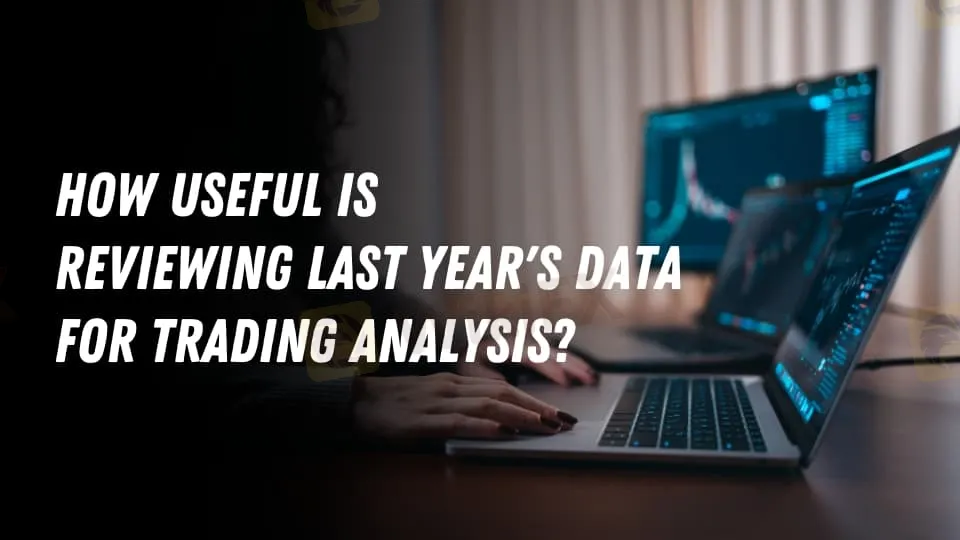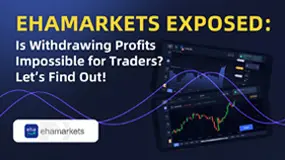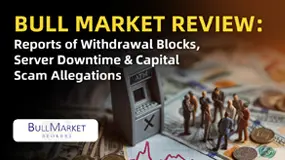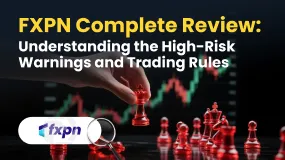Abstract:Analyzing last year's trading data offers invaluable insights into market trends, helps refine trading strategies, and enhances decision-making for future trades.

In the fast-paced world of trading, having an advantage is vital. One strategy that many traders use to get an advantage is to analyze historical data, especially data from the prior year. This technique entails analyzing market trends, previous price movements, and trade volumes in order to generate sound forecasts regarding future market behavior. How valuable is last year's data in developing a successful trading strategy? Let's look at why it's important, how it may help you analyze patterns, and how to use it successfully in trading analysis.
The Role of Historical Data in Trading
Historical data provides a framework for understanding how financial markets react under different situations. Traders may notice repeating trends, anomalies, and general market mood by analyzing data from the previous year. This retroactive view is critical for establishing context and understanding the elements that influence a stock or asset.
Using historical data, traders get insight into how external events—such as economic shifts, regulatory changes, or even global events—affect pricing. For example, researching how a certain sector behaved to inflation last year might help traders plan for similar situations in the future. Historical data is also useful in determining market volatility, which is critical for risk management. Essentially, the previous year's data serves as a road map, illustrating how comparable market circumstances played out and encouraging traders to make better-informed judgments.
Understanding Past Trends for Future Decisions
One of the primary objectives of examining historical data is to discover patterns. Trends, whether short-term, medium-term, or long-term, are patterns that suggest a broad direction in price movement. Early detection of a trend may be valuable, and historical data is critical in this process.
Traders may use last year's data to identify seasonal patterns, cyclical behavior, and the frequency of certain price moves. For example, if an asset's value has historically grown over certain months, this information may be used to create more smart entrance and departure locations. It also helps to validate or refute any previous beliefs about the market; although intuition is useful, data-driven conclusions are more dependable.

Traders may also test their theories by studying prior data. This method, known as backtesting, enables them to assess the efficiency of a certain plan under circumstances comparable to last year's. In essence, recognizing previous patterns promotes improved decision-making by enabling traders to check their forecasts against real historical performance.
How Data Analysis Enhances Trading Strategies
While evaluating the previous year's data gives useful insights, data analysis tools and methods magnify these insights, allowing traders to construct more solid strategies. Data analysis may vary from basic trend spotting to complex statistical methodologies and machine learning algorithms that deliver more in-depth insights.
Traders may use analytical techniques to detect hidden patterns and relationships. Machine learning, for example, may uncover hidden patterns in large data sets, highlighting prospective market trends that human research may overlook. Algorithms can also analyze vast volumes of data in real-time, allowing traders to respond faster to market moves.
Furthermore, data analysis helps traders to improve their tactics. By understanding characteristics that influenced previous transactions, traders may modify parameters like as entry and exit locations, risk levels, and investment quantities. This accuracy increases the chance of profitable transactions while lowering the danger of severe losses.
Final Thoughts
Reviewing previous year's data is a beneficial exercise for traders looking to improve their techniques and make better judgments. While the industry is always changing, past data gives context and insights into future prospects. Traders may manage the complexity of the financial markets more effectively by studying prior patterns, employing data analysis, and constantly improving methods. Finally, although last year's data may not be a perfect predictor of the future, it is an effective tool for designing wiser, data-driven trading strategies.











